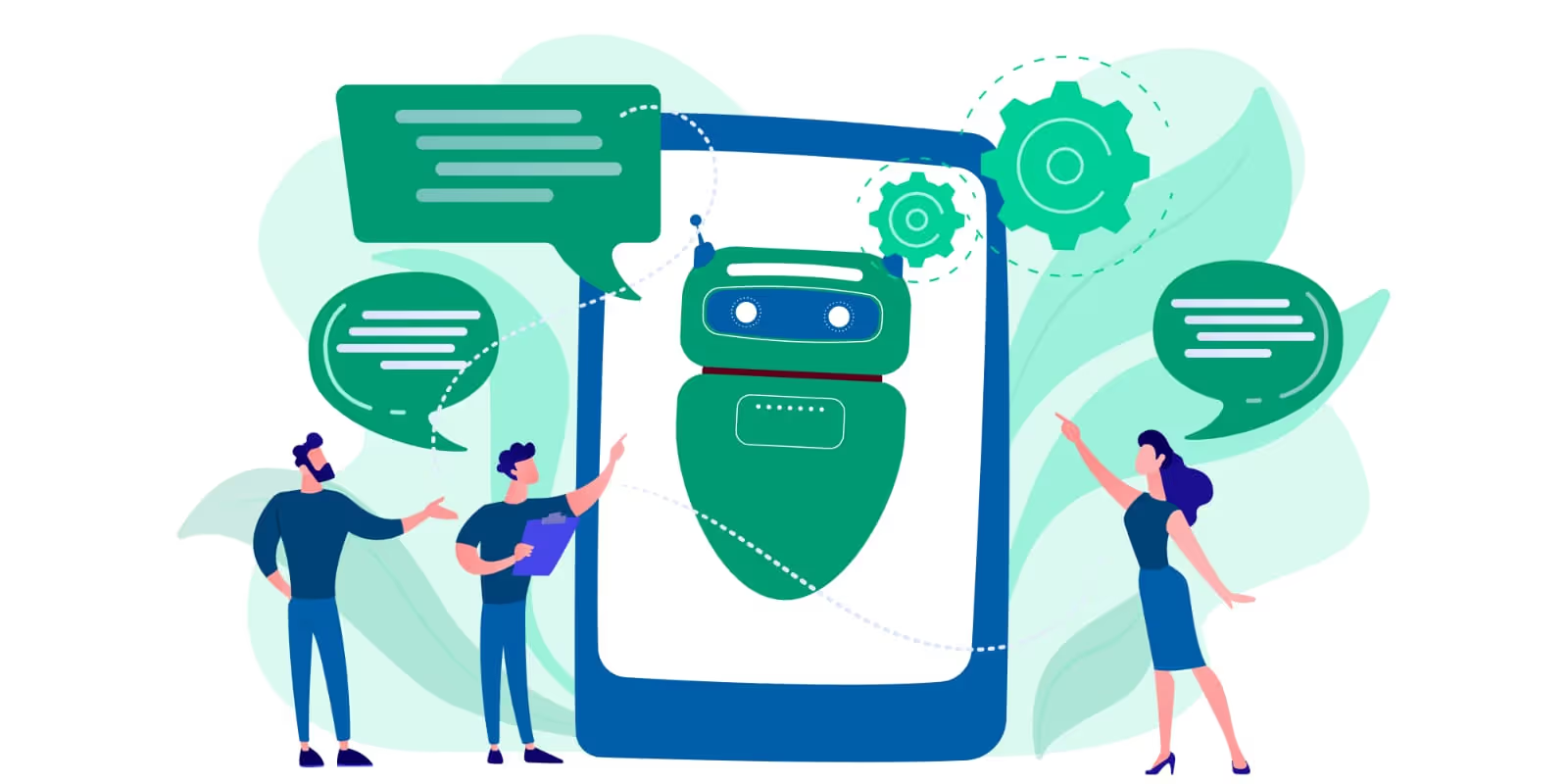
What does an interview really cost your business?
Most leaders calculate the obvious expenses, such as a recruiter's salary or the cost of a job ad. This misses the real story. The actual financial damage comes from the hidden costs buried deep in your hiring process. These are the subtle, corrosive expenses that drain your budget, slow your growth, and quietly sabotage your success.
It's the top engineer pulled from a critical project to sit in yet another first-round screening.
It's the brilliant candidate who walks away because your process was too slow.
And it’s the staggering expense of a bad hire, whose adverse effects on morale and productivity can linger for months.
These aren't just operational headaches; they are significant financial liabilities. Understanding this true hiring cost is the first step toward fixing a broken system.
The Compounding Cost of Wasted Hours
Opportunity cost is the single biggest budget killer in hiring.
Every hour your best people spend in interviews is an hour they aren't generating revenue or building your future.
Consider a senior engineer whose fully loaded cost to the company is $150 per hour.
If they spend just five hours a week on interviews, that’s $750 of high-value engineering time vaporized every week. Over the course of a year, that's $39,000 of lost productivity.
This "scheduling tax" extends across the organization.
The endless email chains to coordinate schedules, the last-minute cancellations, and the time spent writing up repetitive feedback create a constant administrative drag.
This is a direct hit to your bottom line.
Many teams are now turning to agentic AI interviews for the benefits they offer to recruiters and candidates, to reduce this scheduling burden altogether.
Furthermore, the cost of context-switching is immense. When a developer is pulled out of a state of deep work for an interview, it can take them over 20 minutes to regain focus. This constant disruption grinds innovation to a halt.
A delayed hire also means a delayed product launch, which directly translates to delayed revenue and loss of competitive edge.
Beyond the Clock: The High Price of Process Flaws
The financial drain of interview inefficiencies goes far beyond wasted time.
Your hiring process itself is likely leaking money due to inherent human limitations. Unconscious bias, for example, can cause even the best-intentioned interviewers to overlook incredible candidates who don't fit a preconceived mold.
Affinity bias might lead a manager to favor someone from their alma mater, while the halo effect might cause them to overvalue a candidate who is simply a polished speaker.
These process flaws aren't just unfair; they're incredibly expensive.
They lead directly to bad hires. The cost of a bad hire is not limited to lost productivity; it also includes the costs of re-hiring and retraining a replacement, as well as the negative impact on team morale. A single bad hire can poison a team's culture and derail important projects.
Beyond that, a slow or inconsistent process damages your employer brand. In today's market, candidate experience is paramount.
A talented individual who has a poor experience won't just walk away; they'll tell their network. This tarnishes your reputation and makes it more challenging and costly to attract top talent in the future.
The Human Factor: Why Great Interviewers Still Struggle
The problem isn't that your people are bad at interviewing.
The problem is that the traditional interview process is set up for failure. Even your most skilled interviewers are susceptible to systemic issues that lead to poor outcomes.
Interviewer fatigue is a significant factor. After four or five back-to-back interviews, no human can maintain the same level of focus, objectivity, and energy they had at the start of the day.
Decision quality inevitably degrades.
Moreover, most employees are thrown into interviews with little to no formal training. They are expected to be expert evaluators but are rarely given a consistent framework for success.
This leads to different interviewers assessing different attributes, making it impossible to compare candidates on an even playing field.
One manager might prioritize raw technical skills, while another looks for collaborative potential. Without a standardized rubric, your hiring process becomes a game of chance rather than a strategic function.
A Smarter Model: The AI Co-Pilot
This isn’t about replacing human connection. It’s about enhancing it with powerful conversational intelligence.
An AI agent, like the one offered by SpectraHire, acts as the perfect co-pilot for your hiring teams, handling the systematic, data-driven parts of the process so your people can focus on what they do best.
Imagine an AI interview that handles the entire initial screening phase.
The AI Agent consistently asks role-specific questions, assesses core skills against a clear rubric, and delivers an objective, data-driven report.
This frees up your human interviewers to focus on high-level evaluation, deep cultural fit, and building genuine relationships with a shortlist of top contenders.
The AI agent handles the repetitive, fatiguing tasks while your team makes the final, critical decisions. This model significantly reduces the actual hiring cost by enhancing your existing team's capabilities and making your process more reliable.
From Hidden Costs to Hard ROI: A Practical Guide
The AI ROI is both immediate and measurable.
Let's revisit our example. A key engineering role is open, and your team collectively spends 40 hours on initial screenings. At a blended rate of $120 per hour for your team, that’s $4,800 in opportunity cost that can be completely eliminated by an AI agent.
That's a hard-dollar saving on just one role.
You also drastically reduce your time-to-fill.
By automating the top of the funnel, you can move qualified candidates to the final stages in days, not weeks. This means your new hire starts contributing to your goals sooner, directly accelerating your business outcomes.
A platform like SpectraHire provides the tools to implement this co-pilot model. It allows companies to design and deploy intelligent, automated interview agents that handle the heavy lifting of screening, freeing up human teams to focus on strategic decision-making.
To implement this effectively, start small.
- Pilot an AI-powered screening process for one high-volume or critical role.
- Define your success metrics upfront—track time saved, cost-per-hire reduction, and the quality of candidates who make it to the final round.
- Involve your hiring managers in designing the interview template to ensure team fit.
You will quickly see how this co-pilot approach transforms your hiring from a costly, inefficient chore into a streamlined, strategic advantage.
Ready to cut interview costs without compromising on quality?
Try SpectraHire and let an AI co-pilot streamline your screening process—so your team can focus on hiring smarter and faster.
Subscribe to The InterspectAI Blog


%201.svg)








